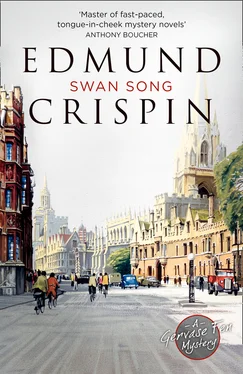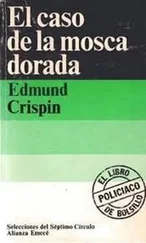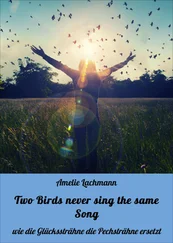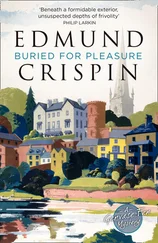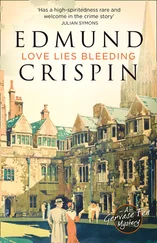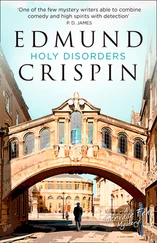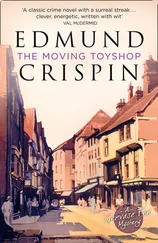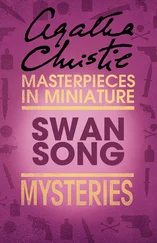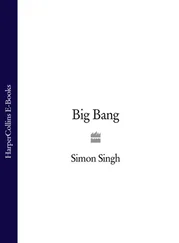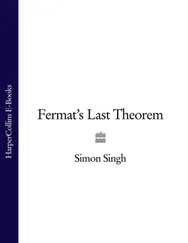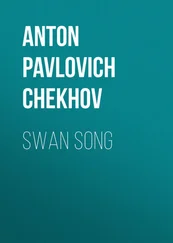‘Yes, very good. They seemed to be enjoying themselves very much. They laughed,’ Adam pointed out, ‘quite a lot.’
‘Of course, it’s a brilliant piece.’
‘Brilliant.’
‘But I suppose from your point of view – that’s to say, there are better parts than Ernesto.’
‘Oh, I don’t know. I’ve got Cercherò lontana terra in the second act.’
‘Yes, so you have … Well,’ said Shorthouse, ‘I’ll go and get some of this muck off my face.’
‘Are you out of cream? I thought I saw—’
‘No, no, thanks very much. I was only wondering what kind you used. Well, I’ll see you tomorrow.’
‘Yes,’ said Adam helplessly. ‘See you tomorrow.’
And Shorthouse lumbered from the room, leaving Adam greatly relieved at his departure. As he changed, Adam pondered Shorthouse’s sudden regeneracy. He continued pondering it all the way back to Tunbridge Wells. Arrived home, he narrated the events of the evening to Elizabeth.
‘Removing-cream?’ said Elizabeth indignantly. ‘He wasn’t trying to pinch that new jar I bought for you?’
‘No,’ Adam reassured her. ‘The old one. Yours was still in my coat-pocket. All the same, I shall keep my dressing-room locked from now onwards.’
‘Well then, the whole ridiculous business is over.’
‘I suppose so. But you know, my dear, I still don’t trust the man. He’s quite capable of playing Tartuffe if it suits his book. I’m not sure, if it comes to that, that he isn’t capable of murder.’
Adam spoke carelessly. But he was to find soon enough that Edwin Shorthouse was by no means unique in this.
Adam and Elizabeth travelled up to Oxford on a raw, bleak afternoon late in January. The sky was pigeon-grey and the wind chilling. Adam, fretful at the possibility of hoarseness, was wound up in mufflers, but luckily their trains were adequately heated. From Oxford station they took a taxi to the ‘Mace and Sceptre’, where they had reserved rooms. Adam stood about and smoked while Elizabeth unpacked and put away their things. Afterwards they went downstairs to the bar, where they were pleased to find Joan Davis, sipping a dry Martini at one of the glass-topped tables.
From her Adam learned various details of the Meistersinger production.
Edwin Shorthouse was to play Sachs; the Walther and Eva were of course Adam and Joan; Fritz Adelheim, a young German, had the part of David, and John Barfield that of Kothner.
‘And this man Peacock, who’s conducting,’ said Adam. ‘Have you met him?’
‘My dear, yes. Very young but utterly charming. This is his first Big Chance, so you must forget all about what you did under Bruno and Tommy, and cooperate zealously.’
‘But is he any good ?’
‘That remains to be seen. But I don’t think Levi would have put him in if he weren’t. Levi has quite an eye for operatic conductors.’
‘Who’s producing?’
‘Daniel Rutherston.’
‘As melancholy as ever, I don’t doubt. And Karl is régisseur?’
‘Yes. Very cock-a-hoop about it. You know what a fanatical Wagnerian he is. Come to think of it,’ said Joan, ‘I shan’t be sorry to get back to Wagner now the war-time interdict has lifted … Why was there an interdict, anyway?’
‘It’s a highbrow axiom,’ Adam explained, ‘that Wagner was responsible for the rise of Nazism. If you want to be in the fashion you must refer darkly to the evil workings of the Ring in the Teutonic mentality – though as the whole cycle of operas is devoted to showing that even the gods can’t break an agreement without bringing the whole universe crashing about their ears, I’ve never been able to see what possible encouragement Hitler can have got out of it … But you mustn’t get me on this subject. It’s one of my hobby-horses. You’ve been abroad, Joan, haven’t you?’
‘In America. Playing Bohème and dying of consumption five times weekly. As a matter of fact, I nearly died of over-eating. You should go to America, Adam. They have food there.’
The three of them passed an agreeable evening together and went early to bed. At ten o’clock next morning piano rehearsals began. Beneath an obstinately cinereous sky Adam and Joan walked to the opera-house in Beaumont Street.
While, in general, the English do not erect opera-houses if they can avoid it – preferring commonly such witty and ennobling occupations as Betty Grable and the football pools – Oxford has recently provided a notable exception to the rule. It stands on the corner of Beaumont Street and St John Street, at the side nearest to Worcester College, and is built of Headington stone. The foyer glows with a discreet, green-carpeted opulence. About it are ranged busts of the greater operatic masters – Wagner, Verdi, Mozart, Gluck, Mussorgsky. There is also one of Brahms – for no very clear reason, though it may perhaps be a tribute to his curious and fortunately abortive project for an opera about gold-mining in the Yukon. The auditorium is comparatively small, but the stage and orchestra-pit are capable of dealing with the grandest of grand opera. The stage equipment is replete with complex and fallible devices, and a menagerie of mechanical fauna inhabits the property-rooms. The dressing-rooms, too, are more luxurious than is usual; the two floors on which they are situated are even served by a small lift.
With such amenities, however, Adam and Joan were not for the moment concerned. They made their way to the stage door, and thence, directed by an aged janitor, to one of the rehearsal rooms.
Most of the others had already arrived, and were grouped round the grand piano. Apart from this, and a number of chairs constructed principally of chromium piping, the place was very bare. Its sole concession to aesthetic decorum was a lopsided photograph of Puccini, markedly resembling the proprietor of an Edwardian ice-cream stall.
Adam was introduced to Peacock, who proved to be a quiet man of about thirty, conventionally dressed, tall, thin, and with a prematurely sparse provision of red hair. Adam liked him immediately. Among the others present were Karl Wolzogen, a wiry little German, preternaturally energetic despite his seventy years; Caithness, at the piano, a dour and laconic Scot; Edwin Shorthouse, exhaling nostalgically the fumes of last night’s gin; and John Barfield, the Kothner. The remainder of the cast were not intimately concerned in the events which followed a fortnight later, and need not be specifically mentioned here. Most of them Adam knew, for the number of operatic singers in England is not large, and they are frequently thrown together.
The rehearsal went as well as such rehearsals do go, and it was pleasing to find that Peacock knew his business. Edwin Shorthouse took direction with such unaccustomed meekness that Adam became suspicious. He remained uneasy, indeed, as long as the piano rehearsals lasted. Such saintly forbearance as Shorthouse was displaying is rare in any singer, and in Shorthouse, Adam reflected, was positively unnatural. He was not altogether surprised, therefore, at the campaign of obstruction which coincided with the beginning of the orchestral rehearsals.
Читать дальше
